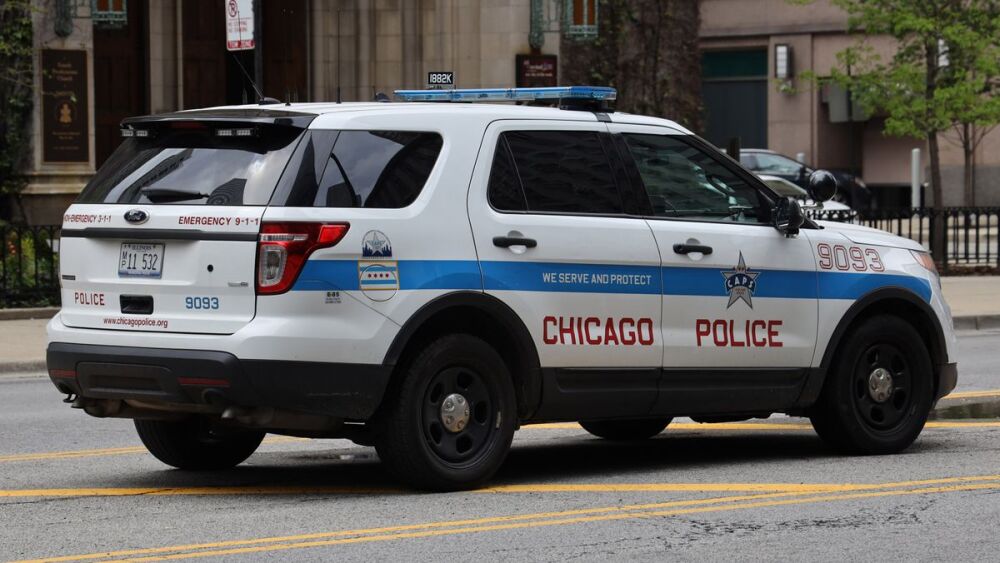By Annie Sweeney and Jeremy Gorner
Chicago Tribune
CHICAGO — After chipping away at a persistently low homicide clearance rate, the number of murders solved by Chicago police has dropped in 2020, department officials said Monday.
The drop — from 50.3% solved in 2019 to 44.5% this year— comes after three years of improvement. But the reversal is also happening at an unprecedented moment, with violence spiking across the country in the wake of both the pandemic and national protests over policing, leaving experts predicting other cities will see dips in clearance rates as well.
Despite the decline, Chief of Detectives Brendan Deenihan on Monday pointed out that the 2020 rate still puts Chicago police ahead of its 2016 rate of about 29%. And he noted that the total number of murders solved so far this year, 329, is the most in one year since 2005, crediting structural changes as well as investments in technology.
“So far, 329 murders have been cleared, more than the department has solved in 15 years,” he said. “Something changed.”
Not all cases are cleared with an arrest and charges, however. Of the 329 cases, 134 were cleared by a category the department calls “exceptional,” which means police have identified a suspect, but either the suspect is dead or prosecutors said there was not enough evidence to approve charges.
This year’s figure includes cases from prior years that were solved in 2020.
Chicago’s homicide clearance rates have come under intense scrutiny in recent years, with a variety of factors said to have led to rates that put the city about 20 percentage points below national averages. Low hiring rates, insufficient training and supervision, and inadequate technology were cited as issues.
So, too, was a daunting problem — a lack of community trust in the police.
Over the past year or so, the department has received grant money to open technology hubs at all five of its detective areas, improving, for example, the ability to download and absorb video and cellphone evidence.
And the department has created new, focused homicide teams supervised by lieutenants and sergeants that work exclusively on murders.
Officers who specialize in gang intelligence are now assigned to each of those homicide teams to investigate cases under the direction of the homicide lieutenant. Deenihan said the gang intelligence officers provide real-time knowledge of current conflicts on the street and those involved.
“They report to (the area) every day and check in with the lieutenant and sergeants,” Deenihan said. “Under the old structure ... they were reporting to a different building.”
When asked about the slip in the clearance rate this year, despite the implemented changes, Deenihan cited a “massive” increase in the workload for his detectives as shootings and homicides soared. So far, there have been more than 700 homicides in Chicago.
David Carter, a criminal justice professor at Michigan State University, applauded the changes Chicago has made, and noted that such a sharp increase in violence this year was bound to affect the speed at which detectives can solve cases.
“As a result of that, your clearance rates are going to go down simply because (of) less staff hours on investigations,” said Carter, who has studied clearance rates nationally.
Carter also said that it is “without question” that the stronger the relationship between police and the community, the higher a department’s clearance rate will be. With more trust and communication, he said, residents feel more comfortable working with police.
And that, one community organizer agreed, is an area the department is working on, but still needs to improve.
“‘This has to be the mantra of every single police officer who is sworn: that we are invested in the community,” said Mecole Jordan-McBride, advocacy director for New York University’s School of Law Policing Project, which is working in Chicago on community policing programs.
(c)2020 the Chicago Tribune











